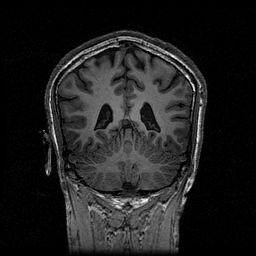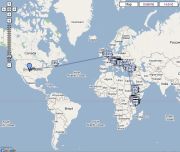I've just finished reading 'A Fez of the Heart: Travels around Turkey in Search of a Hat' by Jeremy Seal, a book that discusses Turkey's history and cultural identity in relation to the Fez, which was the defacto Turkish hat until being banned in 1925. One of the most interesting topics that the book touches on, albeit rather briefly, is this contradiction of Turkey being a secular 'European' country (still vying to be part of the EU, and striving for European/modern identity) which at the same time has a 98% Muslim population as well as an Islamic governing party currently in power. My limited experience in Istanbul certainly leans towards the former; while Turkey may be reported as being 98% Muslim, in Istanbul, aside from the errant headscarf and the many mosques that pepper the city, one would be hard pressed to distinguish this from any other European city.
What is most interesting and curious to me is that what I took from the book above is that Turkey, as part of the Ottoman Empire, was largely made up of practicing Muslims. However, in the 1920s, Turkey became a secular state when Ataturk (father of the Turks) came to power. With those two points in mind, what I am anxious and interested to find out is what was unique about Ataturk (past, upbringing, etc) that pushed him in such a strong secularist direction. Additionally, I'm curious to see how this euro/Islam divide is apparent in places outside of Istanbul.
If anyone has any input, or if I have made any gross mis-statements, please let me know.
What is most interesting and curious to me is that what I took from the book above is that Turkey, as part of the Ottoman Empire, was largely made up of practicing Muslims. However, in the 1920s, Turkey became a secular state when Ataturk (father of the Turks) came to power. With those two points in mind, what I am anxious and interested to find out is what was unique about Ataturk (past, upbringing, etc) that pushed him in such a strong secularist direction. Additionally, I'm curious to see how this euro/Islam divide is apparent in places outside of Istanbul.
If anyone has any input, or if I have made any gross mis-statements, please let me know.








1 comment:
in addition to these questions, i would like to add one. seal never really talks in depth about the general reaction to ataturk's reforms (he briefly mentions something about fez wearing protests). how could so many muslims go along with such drastic secularization? eda, i would love to hear your ideas.
Post a Comment